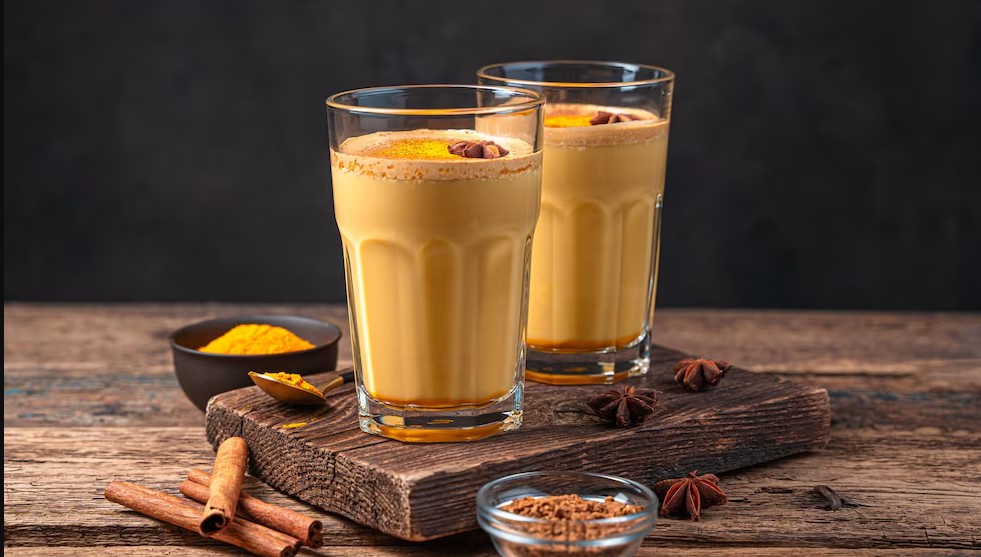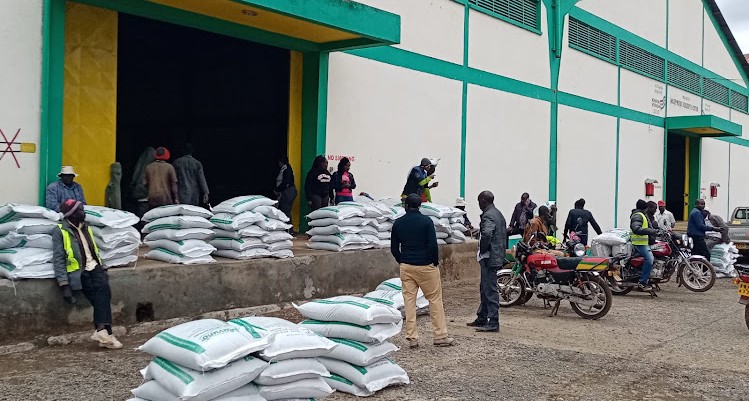In Eastleigh’s Somali cafés, spiced milk coffee is a sip of home and heritage

Somali coffee is traditionally brewed with spices such as cardamom, cloves, and sometimes cinnamon, resulting in a deeply aromatic blend.
In the heart of Eastleigh, Nairobi’s bustling "Little Mogadishu," the air is thick with the scent of freshly brewed coffee spiced with cardamom.
In nearly every Somali café, one thing is for sure: you will find patrons enjoying (qaxwo caano) – it is pronounced roughly as "kah-ho (kahawa) cahn-o(sha)" with a soft "x" that sounds like a light "h" in Somali, to mean coffee with milk.
More To Read
- Rising stray dog population in Kamukunji spark public health and safety concerns
- Property worth millions destroyed as fire razes shops at Yare Business Park in Eastleigh
- MP Yusuf Hassan pledges to protect public land as intruders break into Maina Wanjigi in attempt to grab land
- Inside Mathare’s fight for justice: How youth are taking on police brutality and reclaiming dignity
- Best biriyani in Eastleigh: Esli Hub Restaurant at Yare Towers delivers a flavour explosion
- Residents of Eastleigh’s Seventh Street demand urgent road repairs
For many, it is more than just a morning pick-me-up. It is a ritual, a connection to home, and an expression of hospitality that has been passed down through generations.
“In a Somali household, milk is not optional, it’s expected,” says Ahmed, a renowned videographer and coffee lover from Eastleigh.
“We use it in our coffee, in our tea, even in hospitality. You can’t serve a guest plain black coffee; it would be seen as incomplete.”
A daily tradition steeped in culture
Somali coffee is traditionally brewed with spices such as cardamom, cloves, and sometimes cinnamon, resulting in a deeply aromatic blend. But it is the addition of milk, often rich and creamy, that gives the drink its unmistakable character.
Unlike the strong, bitter brews found elsewhere, Somali coffee is mellow, smooth, and warming.
“The milk balances the spices. Without it, the flavour would be too sharp for our liking,” explains Ahmed.
“But beyond taste, the use of milk speaks to the Somali pastoral heritage. Milk has always been central to Somali life; it’s part of our survival and our identity.”
A symbol of hospitality
In Somali culture, hospitality is a cornerstone value.
As Ahmed says, guests are never left waiting for long without being offered something warm to drink, and qaxwo caano is the default choice.
“When someone visits your home, you don’t ask if they want coffee, you prepare it,” Ahmed says with laughter.
“And not just any coffee. It has to be good, spiced, and with milk. That’s how we show we care.”
The tradition even extends to tea. If you taste tea in Eastleigh, you will find it far richer than the typical cup you would find in Nairobi’s CBD.
It is served in a small cup, sometimes no bigger than an espresso shot, but it costs around Sh80. That is four times the price of a regular Kenyan cup of tea, which usually goes for Sh20. Yet despite the size and price, the flavour speaks for itself.
Somali tea, or shaah, is similarly spiced and nearly always served with generous amounts of milk, no half-measures.
Deep roots in pastoral life
The Somali people's long-standing relationship with milk is rooted in their nomadic and pastoralist history. Cattle, camels, and goats are central to rural Somali life, and milk is often more readily available than water in some regions.
“Naturally, milk ended up in our drinks,” says Noor, a restaurant owner in Eastleigh. “When you grow up in an environment where fresh milk is always around, you find ways to use it in everything, meals, rituals, hospitality.”
More than a drink
While trends come and go in the food world, qaxwo caano remains a constant in Somali homes, both in Somalia and across the diaspora.
Whether it is enjoyed in a bustling Nairobi café, a Minneapolis apartment, or a Hargeisa tea stall, the tradition continues to bring comfort and connection.
“When I drink Somali coffee, I feel at home, even if I’m thousands of miles away,” says Ismail Ahmed, a Somali Kenyan student in Ruiru.
“It reminds me of my mother, of family, of stories shared over small cups.”
Somali coffee is not just about taste, it is about heritage, warmth, and belonging.
The milk is not just an ingredient; it is a symbol.
In every sip of qaxwo caano, there is a story, a tradition, and a cultural bond that continues to thrive across generations and borders.
Top Stories Today










































